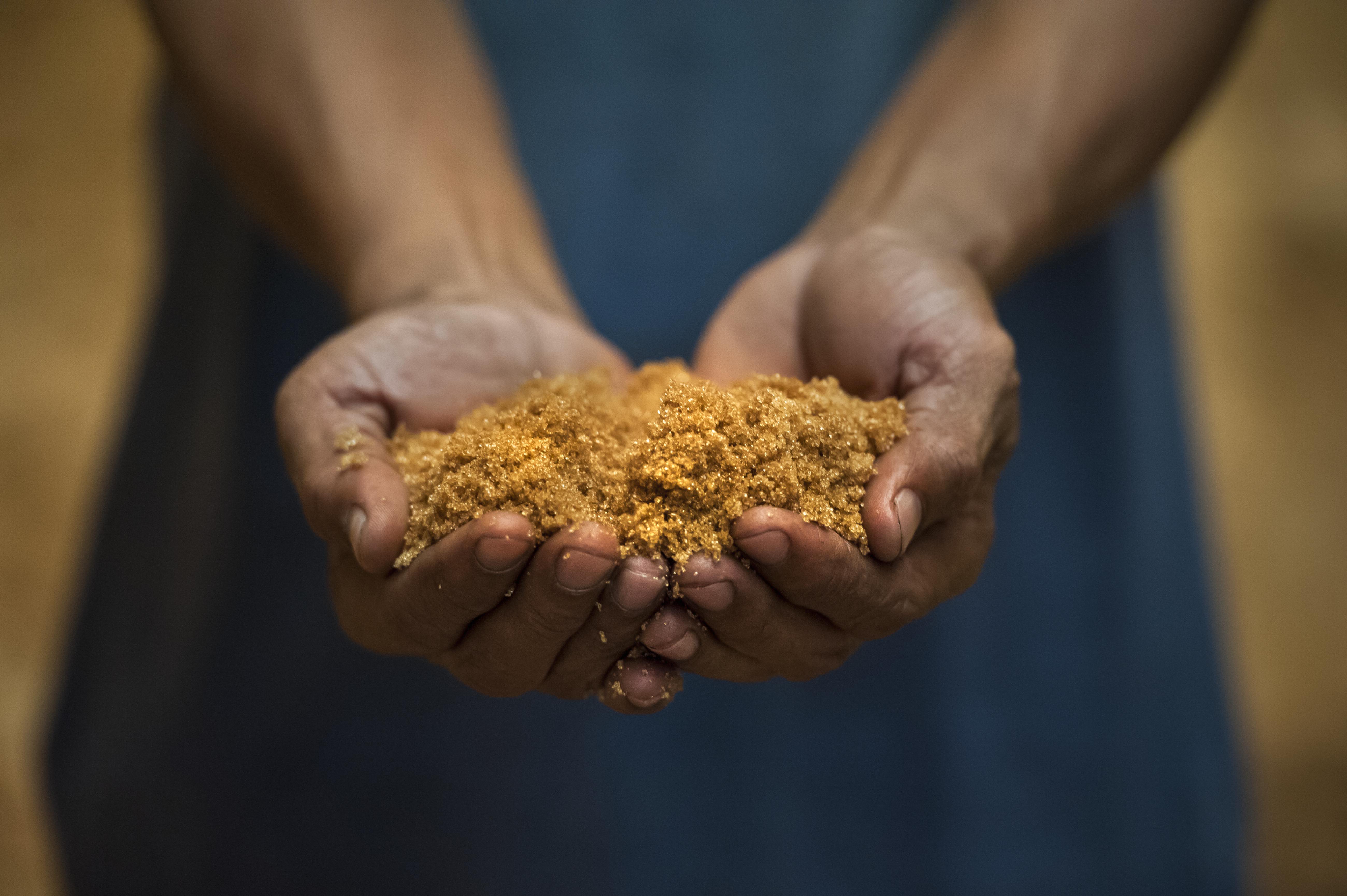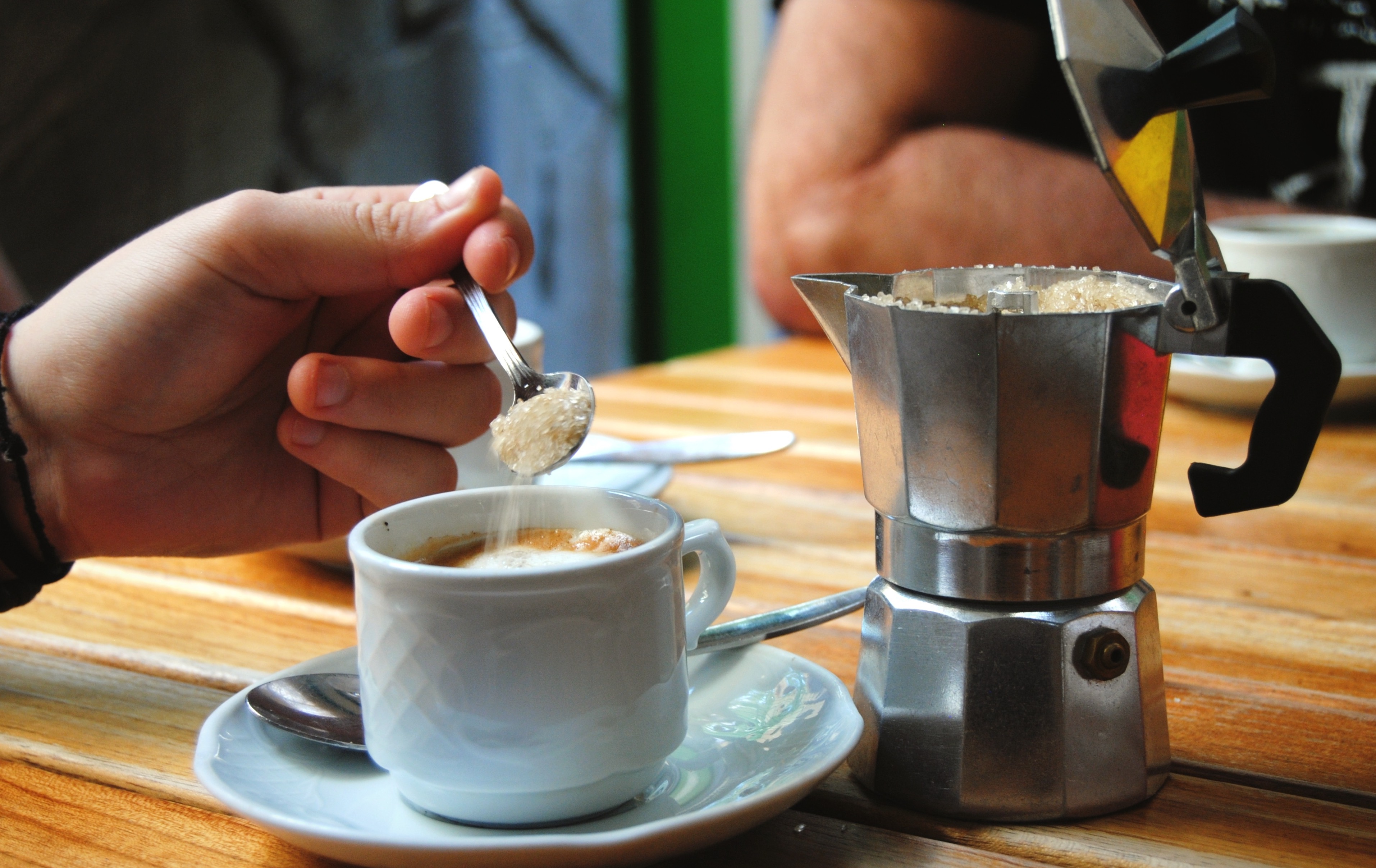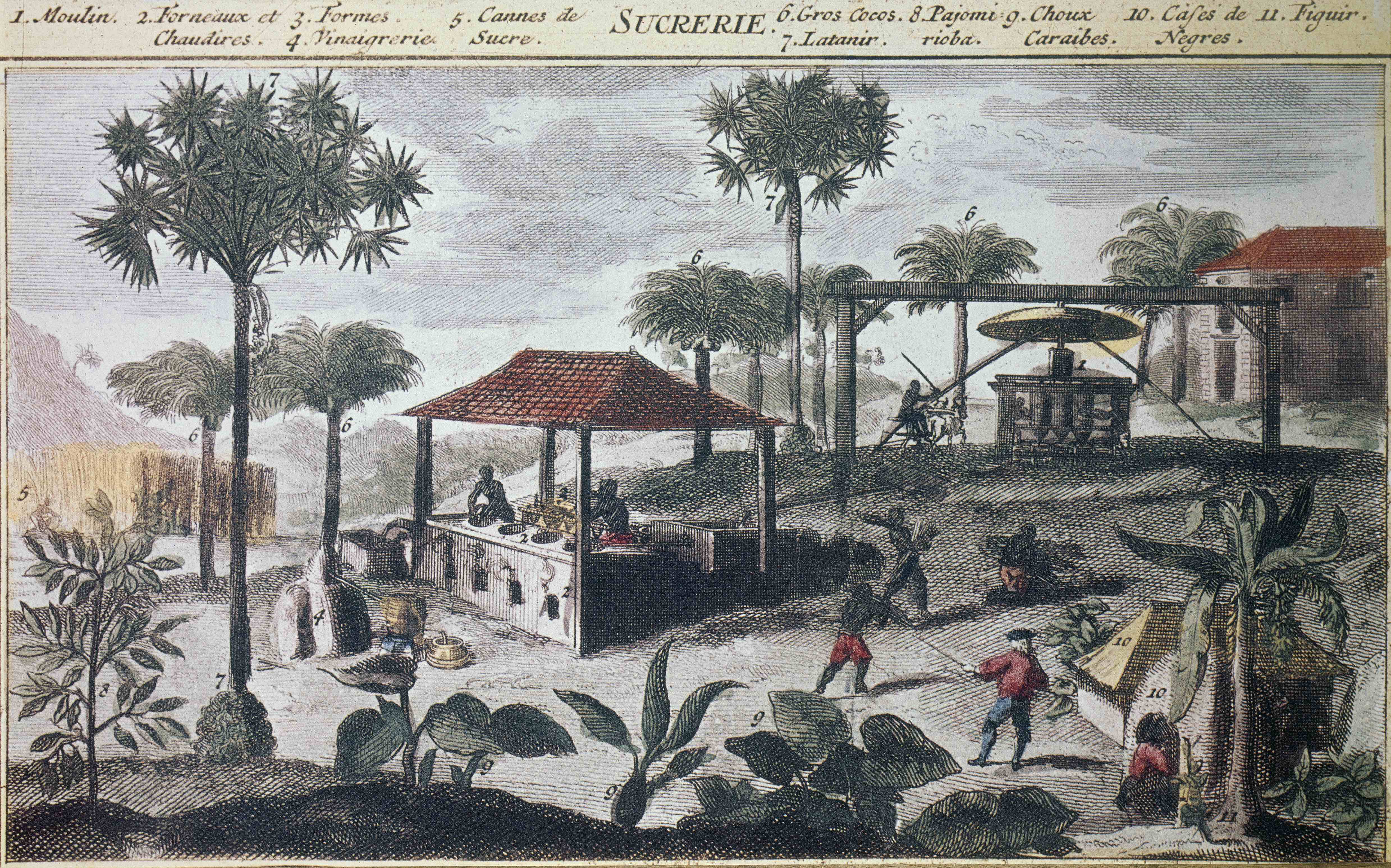
A bittersweet history

Sugar is one of the world’s oldest documented commodities, but the story of how it came to dominate our modern-day diets is one of exploitation and transformation
Published 12 August 2019
No single thing is more closely associated with feelings of pleasure and celebration than sugar.
Imagine a birthday party without a cake, or Easter without chocolate, or Christmas without pudding. Although sugar may not be good for our health, it’s a treat, something delicious we enjoy, and nowadays take for granted.

But the history of sugar is not so sweet.
Professors Deirdre Coleman and Trevor Burnard from the University of Melbourne have researched the dark history of sugar. Today’s highly accessible commodity only became a staple of our modern diet through the exploitation of slave labour.
Although there are records of sugar (or “sweet salt”) dating back to the ancient world, the mass production of sugar only goes back several centuries.
During the 18th century, sugar became an extremely popular commodity, representing 20 per cent of all European imports. It was the principal crop in the transformation of British industrial society, and slavery was the main means of production.
Throughout the 1700s, Britain became a world leader in the slave trade, selling goods to Africa in exchange for slaves who were then taken to the Americas. There, auctioned off to sugar manufacturers, the slaves produced sugar which was then shipped back to Britain.
But as the sugar trade continued to expand, more and more information began to circulate in Britain about the horrific human cost involved in sugar production. Slaves toiled in the fields and the boiling houses, supplying the arduous labour required for sugar production.
“To make sugar is a hard and arduous process,” says Professor Burnard.
“Sugar was immensely profitable but also immensely destructive. To work in the sugar industry meant shortening your life.”
As the barbaric production methods came to light, Britain’s anti-slavery movement was born. This newly formed movement also provided one of the first opportunities for women to find a voice and political agency.

“Women took a leading role in gathering up thousands of signatures onto anti-slavery petitions to Parliament,” says Professor Coleman. “They were also active in the sugar boycotts of the 1790s.”
People began to take responsibility for their actions, knowing that if they bought and consumed sugar produced in the West Indies, they were complicit in the persecution of enslaved people.
“At a time when they didn’t have the vote, the boycotting of sugar gave women an opportunity to influence politics through their domestic choices,” says Professor Coleman.

“Because sugar was a household item, and women held the keys to the larder, East Indian sugar or honey could be substituted for West Indian sugar. To stir the latter into a cup of tea was represented as the equivalent of drinking the blood, sweat and tears of the African slave.”
Today, when it comes to sugar, ideas about personal responsibility have shifted.
Around the world, diabetes and obesity are reaching epidemic proportions and sugar is seen as the main culprit.
As we better understand the detrimental effects of sugar on our health, the pressure to be responsible and reduce our sugar intake has increased.
“We’ve seen a transformation, a shift from concern about production and relatively little concern over consumption, to relatively little concern over production and a great deal of concern over consumption,” Professor Burnard says.

But despite health warnings about the effects of sugar, there is little sign that we are falling out of love with it. That may be because, as Professor Burnard points out, “just about everything that we do which we enjoy involves sugar”.
Sugar isn’t only part of the food and drink we consume, our cultural obsession with it is omnipresent – sugar occurs in literature, music and language.
Since, for centuries, we have connected ideas of sweetness to feelings of pleasure or love, sugar pervades terms of endearment such as ‘sweetheart’ or ‘sweetie’.

Health & Medicine
How Australia is losing the health fight
Sugar also makes the world more palatable – ‘a spoonful of sugar helps the medicine go down’. Or it describes the attributes of a gender – girls are ‘sugar and spice and all things nice’.
The music we listen to is also littered with references to sugar. Marvin Gaye described a lover as ‘like sugar in my soul’, Echo and the Bunnymen sing ‘Lips like Sugar’ and even the heavy metal band, Def Leppard, got in on the act with ‘Pour Some Sugar on Me’.
The changing history of sugar still fascinates, says Professor Burnard.
“It moved from being a crop that represented great luxury – England’s Elizabeth I had rotten teeth because she loved marzipan, and only the very rich were able to have sugar in the 16th century – to one that by the middle of the 18th century, it had become a ubiquitous product,” he says.
From the horrific conditions suffered by slaves to make sugar the cheap and everyday commodity we enjoy today, to our modern over-indulgence in all things sweet, sugar’s history, and probably its future, is a bittersweet one.
Banner: Getty Images

